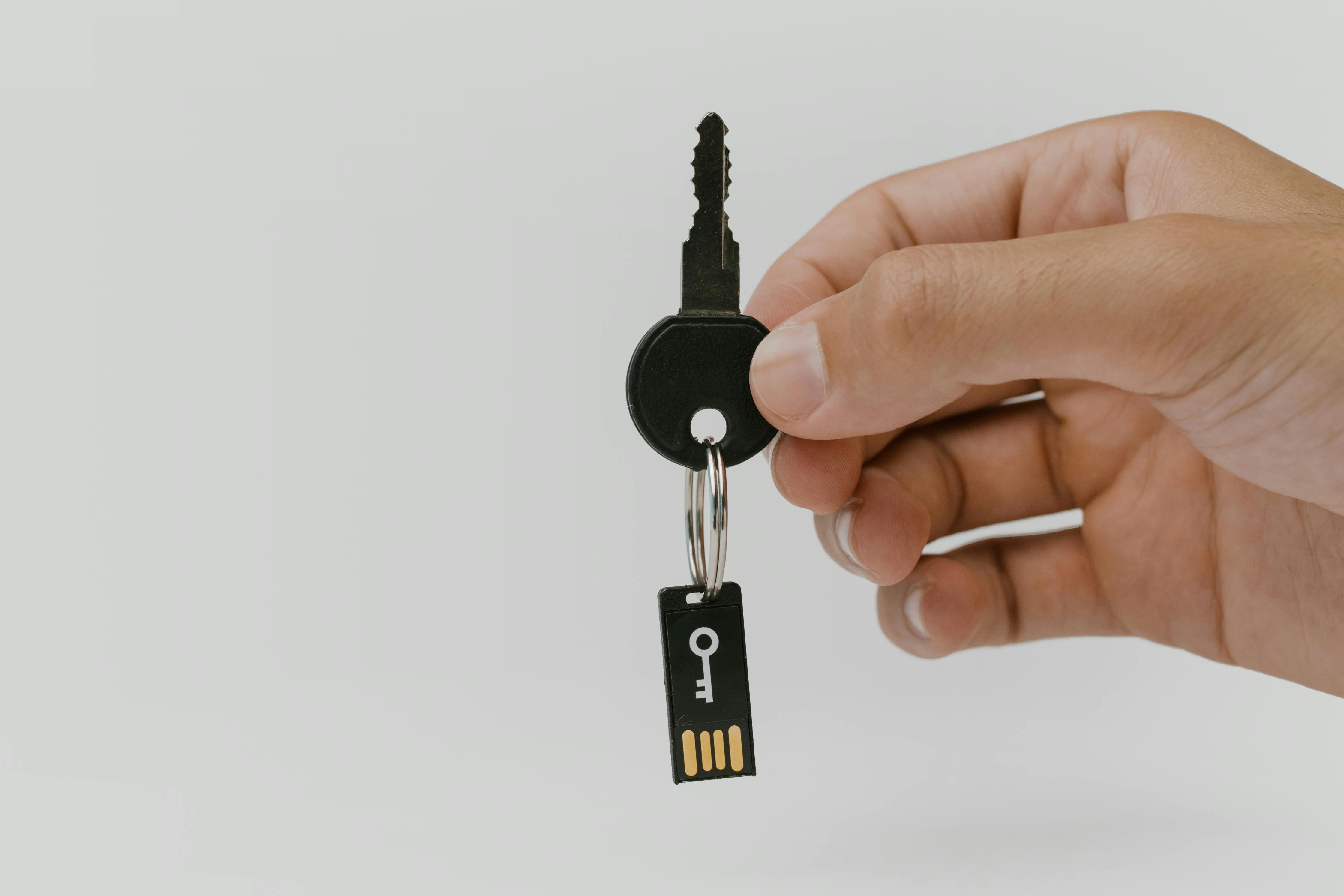Data Protection Impact Assessment
In an age where data drives innovation, responsible handling of personal data is no longer optional, it's a legal and ethical necessity. The GDPR requires organizations to conduct a Data Protection Impact Assessment (DPIA) when processing is likely to result in a high risk to individuals' rights and freedoms.
Whether you're launching a new product, implementing AI, or rethinking internal systems, a DPIA is your blueprint to embed privacy at the core.
At UMANIQ, we help organizations perform DPIAs that go beyond compliance, enabling responsible data use while building long-term trust with users, partners, and regulators.
Data Protection Impact Assessment
Lorem ipsum

Testimonial
The course i attended gave me a great insight about data & ai. I would suggest it to everybody new and experienced people.

Jane Doe
UX Designer
DPIA
Six steps to evaluate and reduce data privacy risk
1. Kick-off Workshop
2. Process mapping
3. Risk Identification
4. Legal & Technical Analysis
5. Mitigation Plan
6. Final Report
Privacy is a mindset, not a checkbox
“Privacy isn’t a barrier to innovation, it’s how we build innovation that lasts.”
UMANIQ empowers your teams to foresee and address privacy risks, ensuring sustainable and responsible data practices.

Why conduct a DPIA?
- Reduces the risk of data breaches and GDPR fines
- Demonstrates accountability and transparency
- Aligns new initiatives and technologies with privacy-by-design principles
- Builds trust with customers, partners, and regulators
